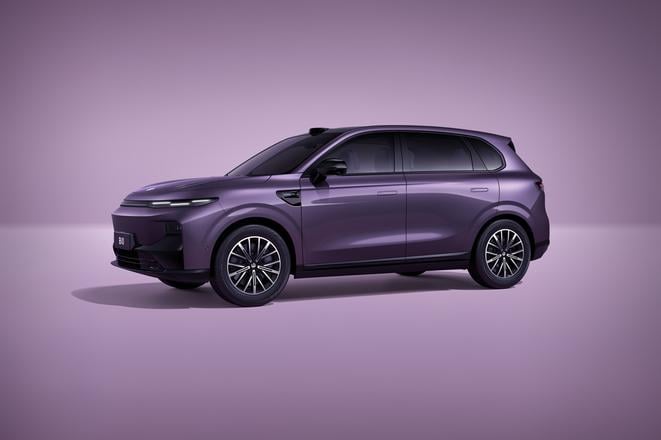A joint venture between Stellantis and Chinese carmaker Leapmotor has decided to move the production of its new SUV, the Leapmotor B10, away from Poland, where it was initially planned, according to Reuters. The venture is now considering Stellantis factories in Eisenach, Germany, and Trnava, Slovakia.
The decision follows a directive from the Chinese government urging domestic carmakers to halt major investments in European countries, which have supported the imposition of additional tariffs on Chinese-made electric vehicles. While Poland supports the tariffs, five EU countries, including Slovakia, do not. The tariffs target Chinese manufacturers, whose cheaper electric vehicles are subsidised by the state.
If the Trnava plant secures the new production, it would mark the facility’s first non-European model, points out Denník N. So far, the plant has only produced vehicles for French brands Peugeot and Citroën, and more recently, the smaller SUV Opel Frontera, originally a German brand. Should the Trnava plant secure the new production line, it would also confirm its position as the fastest among domestic car manufacturers in transitioning to electric vehicle production.
The factory, employing around 3,500 workers, saw a drop in revenues last year, from €3.7 billion to €3.3 billion, primarily due to the retooling of production lines for electric vehicles. However, its profit increased from €34 million to €57 million, driven by rising vehicle prices following the post-pandemic recovery.
Moreover, both Trnava and the Kia plant in Žilina have an advantage over competitors like Volkswagen in Bratislava and Jaguar Land Rover in Nitra, as they produce smaller, mid-range vehicles primarily for the European market. These plants will be less affected by potential tariffs on European car imports to China or by the US administration under Donald Trump. In contrast, the production of luxury SUVs in Bratislava and Nitra, much of which is exported to the US and China, is more vulnerable to such tariffs.
Leapmotor, founded less than a decade ago, has rapidly expanded, opting to grow its presence in Europe through a partnership with Stellantis. The joint venture, with Stellantis holding a 51 percent stake, was established last year.
The Stellantis plant in Tychy, Poland, already produces the small Chinese electric model, the T03, using components imported from China. It remains unclear whether this production is also at risk, according to Reuters.


 Leapmotor B10. (source: Stellantis )
Leapmotor B10. (source: Stellantis )